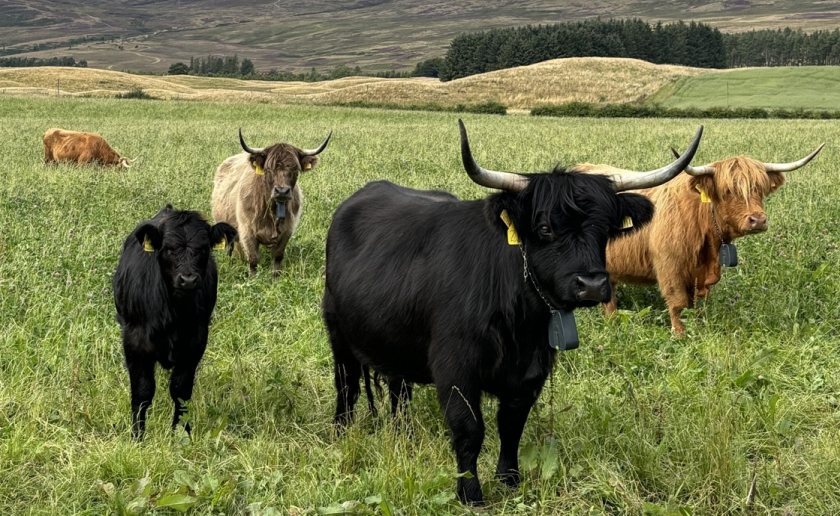
Organic farmers will automatically be eligible for government support payments in a post-Brexit policy change to incentivise sustainable farming in Scotland.
The Scottish government – which is aiming to double its organic farmland – now requires farmers to create a 'whole-farm plan' for protecting nature to qualify for the Basic Payment Scheme (BPS).
Unlike England, Scotland is retaining the BPS system used in the EU’s Common Agricultural Policy, under which payments are made to farmers based on the amount of land being farmed.
But changes are being made in Scotland around eligibility for the scheme including a new requirement for a whole-farm plan – which the government has recognised is already a key part of organic farming.
To receive payments, farmers will need to submit information to government covering how their entire farm system will deliver in five areas.
These include animal health and welfare, biodiversity, integrated pest management, carbon, and soil analysis.
All BPS applicants must complete at least two of these five audits by 15 May 2025, and all others relevant to their business by 2028.
Any farmer who is certified organic will automatically qualify for the animal health and welfare and integrated pest management areas.
Soil Association Scotland co-director, David McKay said the charity was 'delighted' that organic producers were being recognised by the Scottish government.
He said: “The requirement for whole-farm planning is great news for all farmers as the evidence shows that this approach can help to deliver resilience and support food security.
“If farmers can be supported to consider how they might create different enterprises while protecting natural habitats, that is a win-win solution for everyone.
"It is a big mindset change so we are pleased to be offering support services to help farmers pick up the skills they need in this transition.”
The change in policy follows a Soil Association report published earlier this year covering the benefits of whole-farm planning.
